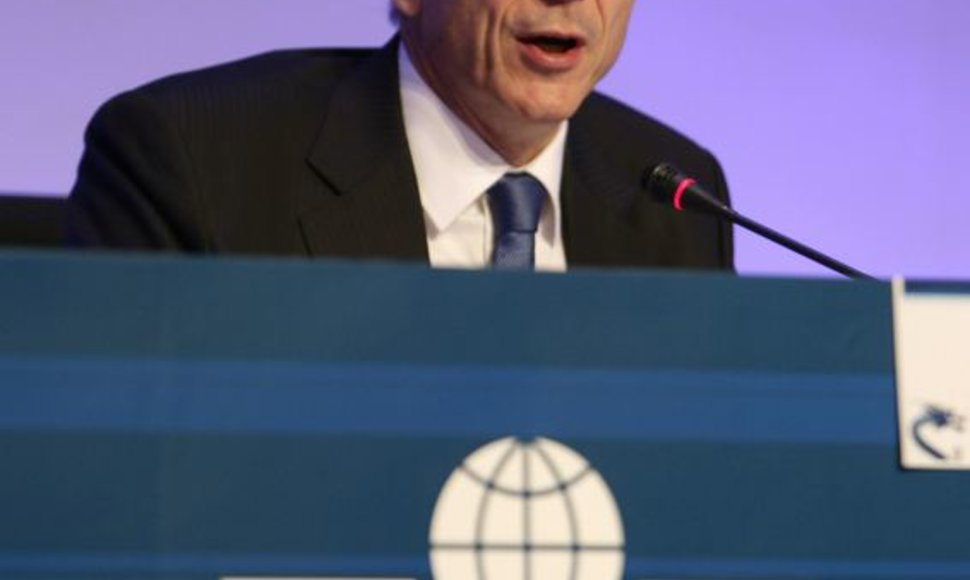With such compensations put in place, air carriers might stop offering connecting flights altogether, Tony Tyler said.
“We are very concerned about some of the changes being proposed to the regulation, packages of rights, in particular the one that puts the burden of compensation for delays in connecting flights onto the operator of the first flight. (…) And the potential cost of this will mean many operators will either increase the connection times, or might stop offering interline connections. This would reduce connectivity in Europe and have a significant impact on connectivity from a country like Lithuania, which relies on good links with heart airports,” Tyler said after meeting with Lithuania’s Transport Minister Rimantas Sinkevičius in Vilnius on Monday.
IATA Director General said that he also asked Sinkevičius to call for swifter resolution of problems relating to the creation of a common European airspace.
“Turning out to the Single European Sky, I pressed the minister to put the full weight of the Council support behind President Barroso and Transport Commissioner Kallas in their efforts to make progress on this (…) issue,” he said.
Around 5 billion euros were lost each year due to the lack of uniform airspace, Tyler said. IATA wants the number of Air Traffic Control Centers across Europe to be reduced to 40, from 63, and the ratio of European Air Traffic Control Officers (ATCOs) to additional staff to be reduced to 1 to 1.6, from the present ratio of 2.4.
While holding the rotating EU Council presidency, Lithuania would seek to find a compromise that would meet the expectations of both the aviation sector and the passengers, Transport Deputy Minister Arijandas Šliupas said.
“As the country holding the rotating presidency, we will seek to ensure that the views of the industry are taken into account so as to avoid extra burden during the already difficult period of low profit margins in the airline sector. To ensure that the views of the IATA are taken into consideration in order to both protect the rights of passengers and protect the companies against additional burden,” he told the reporters on Monday.
Creation of common airspace would be discussed this coming fall, Šliupas added.












